As the world starts to recover from the effects of the pandemic and opening up borders and skies to global tourism, Uganda, has refreshed its tourism destination brand promise, with the unveiling of a new brand identity that promises both domestic, regional and global tourists, an adventure of a lifetime. The brand identity—Explore Uganda, The Pearl of Africa, was unveiled on Friday, 21st January 2022, by the country’s president, H.E Yoweri Kaguta Museveni in Kampala, Uganda’s capital city. The president was assisted by Col. Rtd Tom Butime, Hon Martin Bahinduka Mugarra and Ms. Doreen Katusiime, the Cabinet, State Minister and Permanent Secretary for Tourism, Wildlife and Antiquities, respectively. The Brand was developed by Uganda Tourism Board (UTB), Uganda’s tourism marketing and regulatory agency. The Uganda Tourism Board Chief Executive Officer, Ms. Lilly Ajarova and her Deputy, Mr. Bradford Ochieng; and the Board Chairman, Hon. Daudi Migereko together with board members, hosted the unveiling, held at the Kololo Ceremonial Grounds. Explaining the new brand promise, Ajarova, said that the new brand promise seeks to reemphasise Uganda’s rare and precious range of tourism attractions to the world, thereby earning destination Uganda competitive market share. “Uganda is no doubt beautiful. Beautiful beyond measure. Yes, everyone knew that Uganda is and has always been the Pearl of Africa, – but there was a lack of clarity and consistency on, if Uganda is the Pearl of Africa- what pearls does it have to offer for each of the various travel segments and preferences,” she said, adding:...
New Dawn For Uganda’s Tourism As A New Destination Brand Is Launched
Posted on: January 24, 2022
Posted on: January 24, 2022

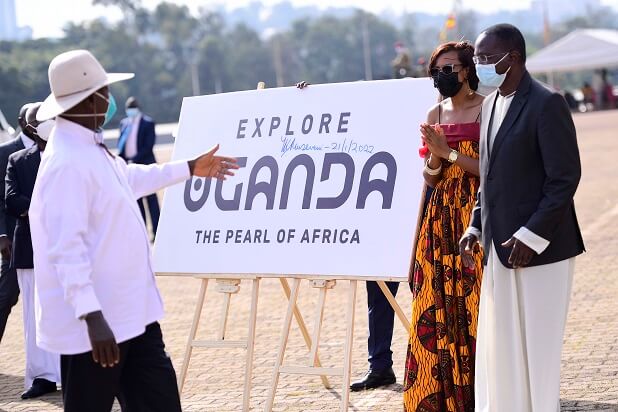
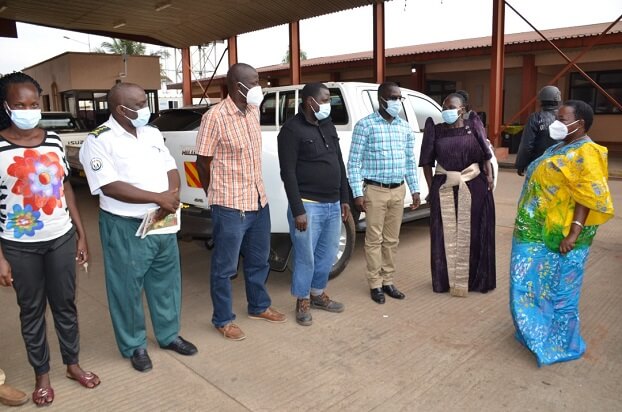

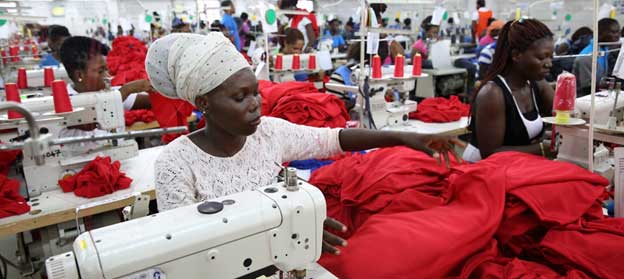

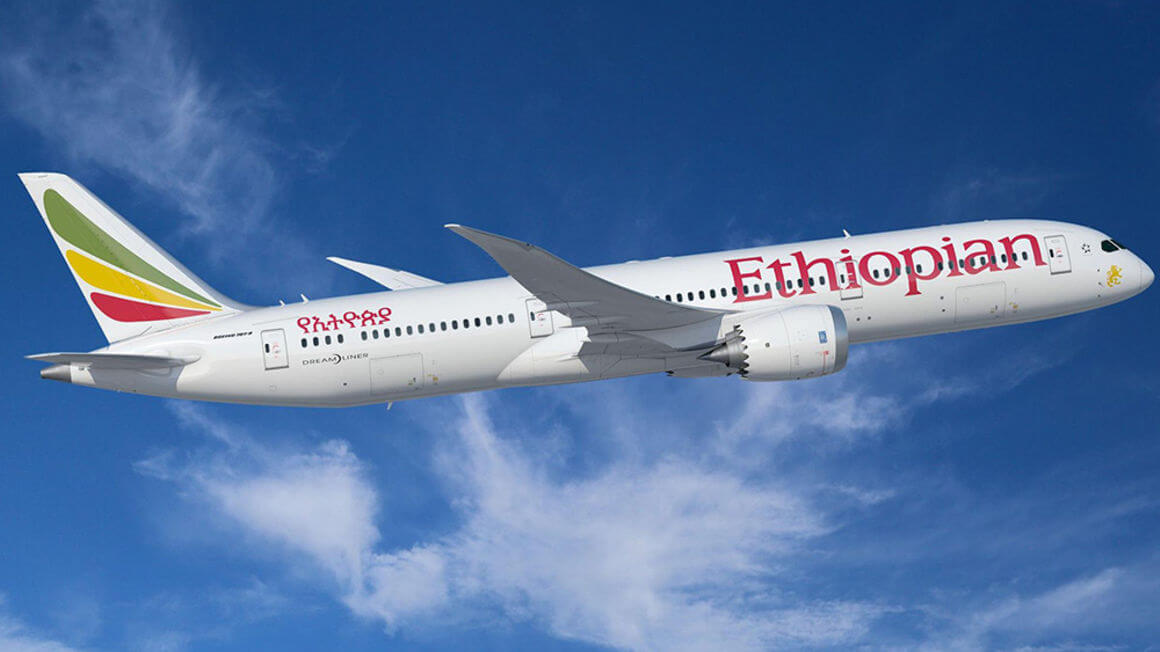

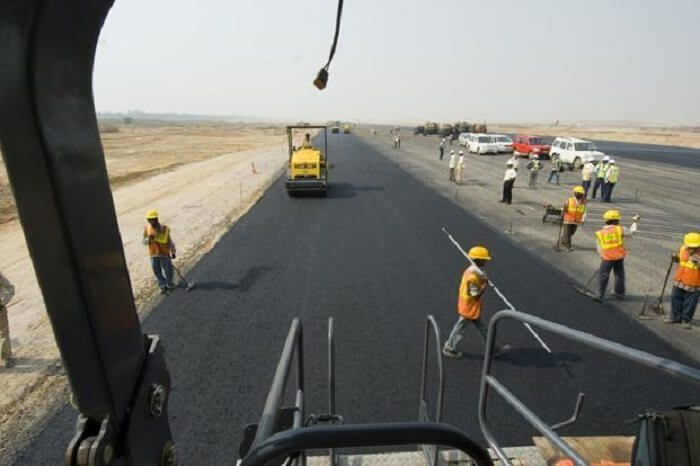
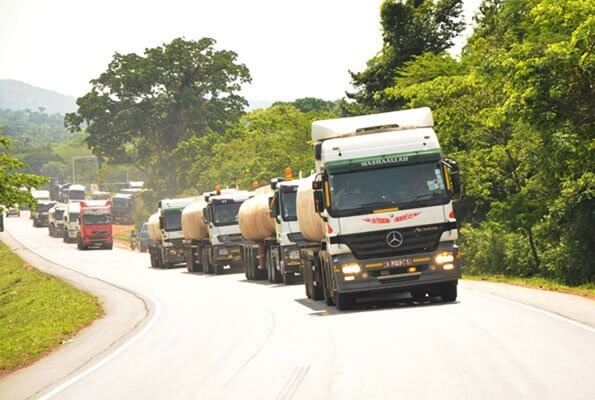
![Covid-19 policy mismatch stifles East Africa trade [Business Africa]](https://www.trademarkafrica.com/wp-content/uploads/2022/01/tmea-241.jpg)













